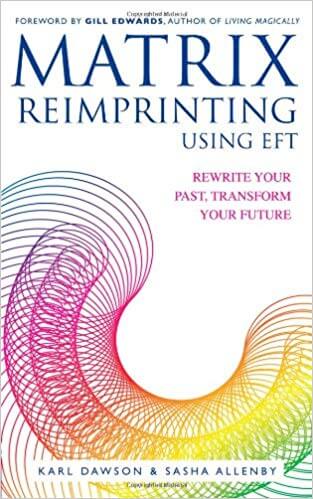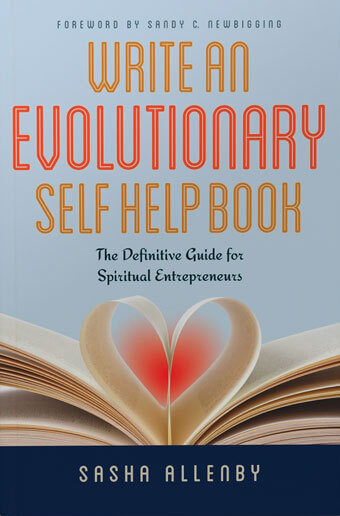
THE MATRIX YEARS
When burnout came it was severe and disabling. My system totally crashed to the point where I was too weak to dress myself or get in and out of bed. I was so sick, I was awarded disabled living allowance for chronic fatigue, and I spent several years trying to recover from my crash, only to go down again not long after my recovery.
My turning point came when I realized that my thoughts, my emotions, and the way I had shown up in the world had contributed to my sickness. It wasn’t that I blamed myself but I was finally able to take responsibility and stop feeling like a victim of my illness. This profound turning point led me to a technique that enabled me to process and transform my emotional baggage. Always one to embrace everything in entirety, I first wrote a book about my own healing journey and then went on to co-author a book about the technique that had helped me.
The second, co-authored book was called Matrix Reimprinting and was published in 12 languages worldwide by publishing giants Hay House. I taught the technique internationally for a number of years and worked with some of the most severe cases such as survivors of war trauma, terrorist attacks, natural disasters, sexual abuse, and so on.

WRITE AN EVOLUTIONARY SELF HELP BOOK
After publishing such a successful book and helping to make Matrix Reimprinting a worldwide phenomenon, thought-leaders from all over the world began to ask me to write their books.
Before I knew it, I was ghostwriting non-fiction books for some of the most influential names in the self-help, transformation, spirituality, wisdom, business and entrepreneurial fields. I wrote Write an Evolutionary Self-Help Book: The Definitive Guide for Spiritual Entrepreneurs as a way of sharing what I learned, ghostwriting over 30 books and coaching and consulting with thought-leaders all over the world to help them create influential messages that actually contributed to change. The success of my company opened up doors in the US, and before I knew it, I had moved to New York and transported my company there.
Want to stay in touch with Sasha and be part of a community that supports you to make a difference with your spoken and written word? Sign up to receive weekly blogs and updates that enable you to craft your unique message.
